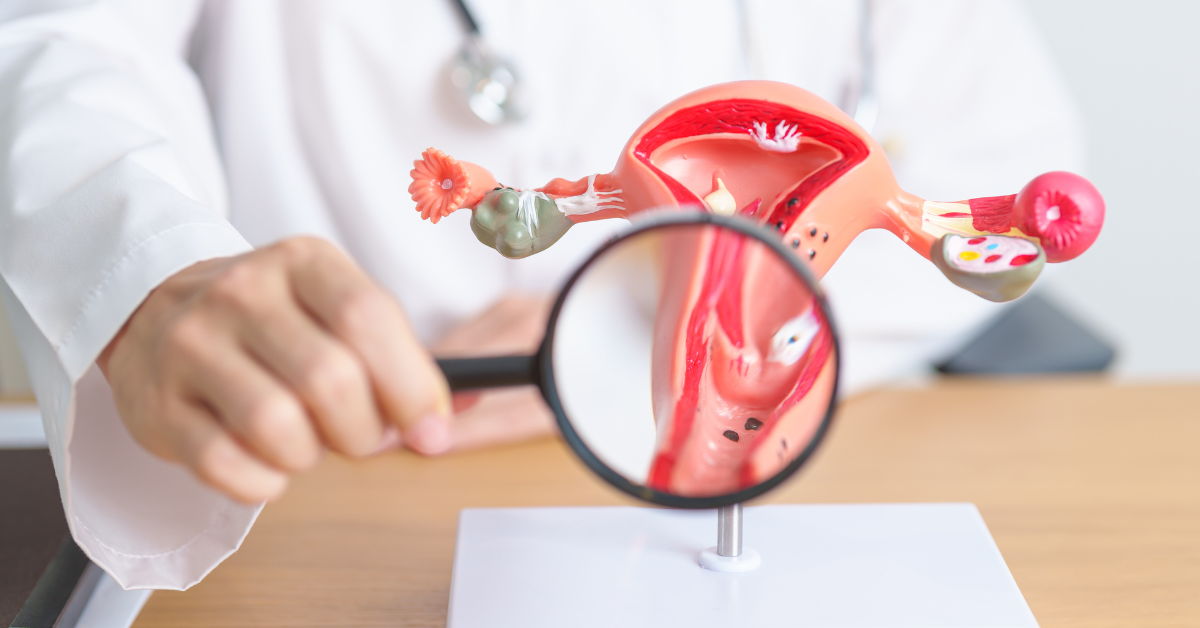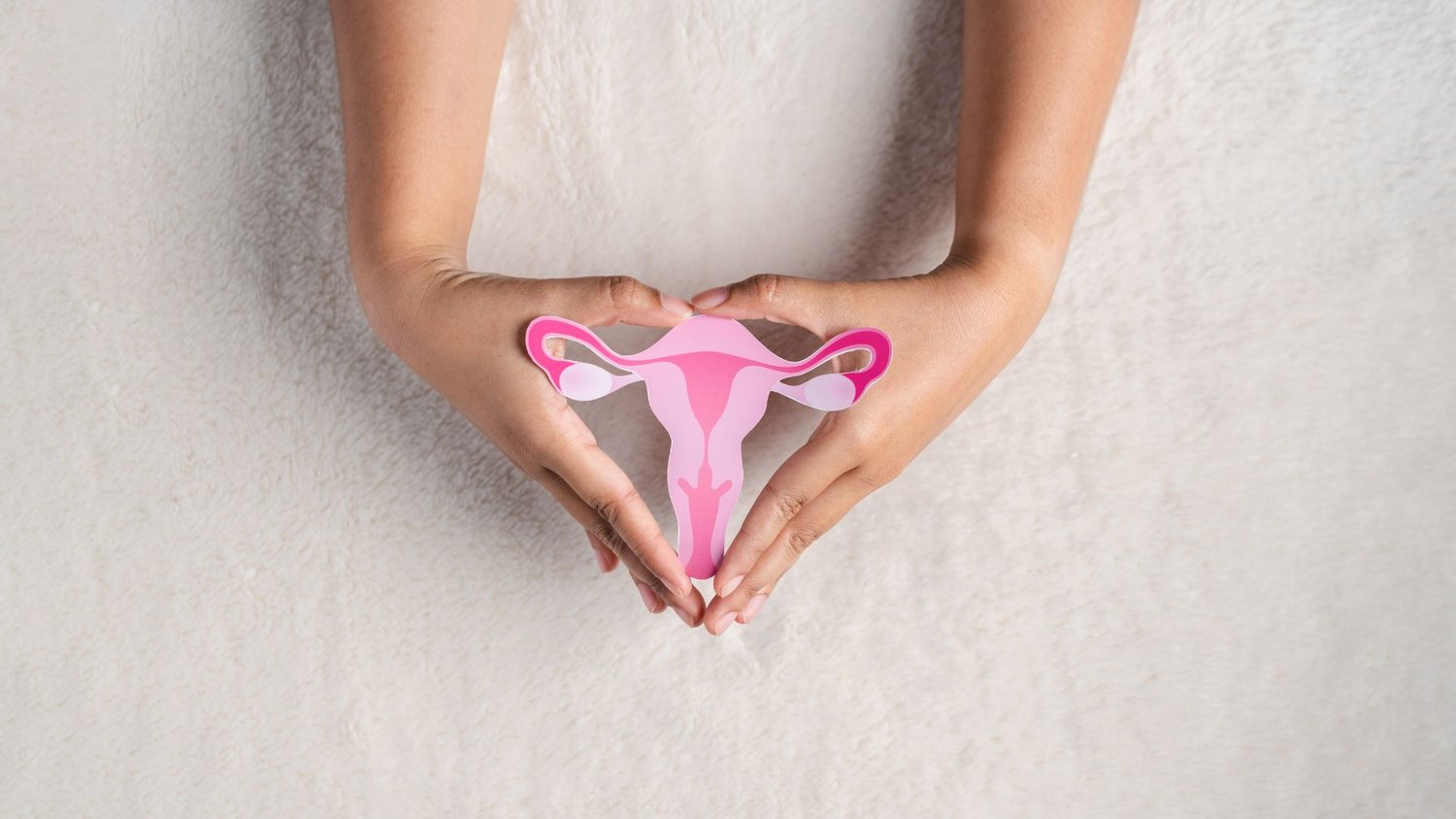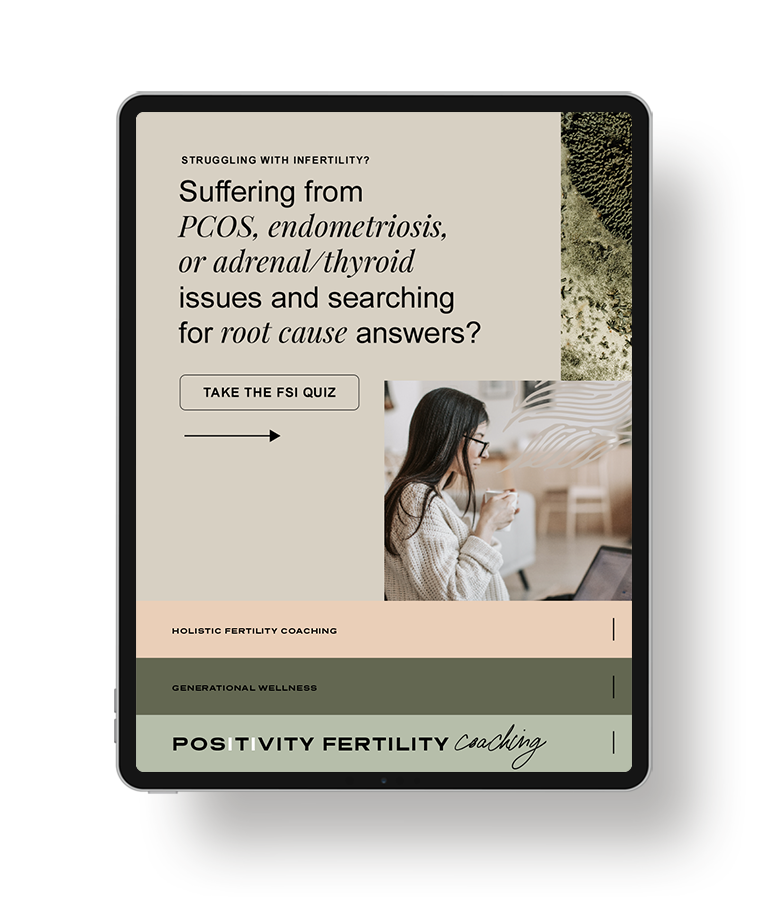Polycystic Ovary Syndrome (PCOS) is a common health condition that affects approximately one in ten women of childbearing age. It is a significant cause of fertility problems, primarily due to its impact on hormonal balances and ovulation cycles. Understanding PCOS and its symptoms is the first step toward effective treatment for infertility caused by PCOS.
Common symptoms of Polycystic Ovary Syndrome (PCOS) include:
-
Irregular Periods: Less frequent periods or a complete absence of cycles, impacting ovulation.
-
Weight Gain: Many women with PCOS experience difficulty managing their weight, which can exacerbate other symptoms.
-
Insulin Resistance: This condition, where the body does not use insulin effectively, is often associated with PCOS.
-
Menstrual Cycle Disruptions: Variations in cycle length or flow can indicate underlying issues related to Polycystic Ovary Syndrome (PCOS).
By identifying and managing these key symptoms through holistic methods, women with PCOS can take significant strides toward restoring their health and fertility. Emphasizing lifestyle changes, such as losing weight and reducing insulin resistance, can naturally support ovulation induction and alleviate many of the challenges associated with Polycystic Ovary Syndrome.
Understanding the Link Between Polycystic Ovary Syndrome (PCOS) and Infertility

Polycystic Ovary Syndrome (PCOS) messes with your regular menstrual cycle and makes it hard to get pregnant because it often stops or disrupts ovulation—the process needed to release eggs for fertilization. This is why many women with Polycystic Ovary Syndrome (PCOS) find it challenging to conceive.
Because PCOS is linked with having too much insulin, which can mess up hormone levels, it’s important to understand how these hormones work. Getting to know these connections helps in finding the right approaches to deal with infertility issues caused by Polycystic Ovary Syndrome (PCOS).
We at Positivity Fertility look at PCOS as a group of root causes that lead to the syndrome. The most common is the metabolic cause, (discussed here). The other 3 causes we consider are post birth control, inflammation and “other” category. Understanding hormonal imbalances is the first step in addressing them. By focusing on healthy habits and treatments that align with your body’s natural rhythms, you can pave the way for better fertility outcomes. The next step is exploring what specific lifestyle changes can make a big difference for women with Polycystic Ovary Syndrome who are trying to conceive.
Holistic Treatment of Infertility Caused by PCOS

When it comes to managing PCOS and boosting fertility, there are several holistic approaches that can be very effective. These methods focus not just on treating symptoms, but on improving your overall health, which can help address the root causes of infertility:
Lifestyle Changes:
Making simple adjustments in your daily life can have a big impact on treating infertility caused by PCOS. Here’s how you can start:
-
Balanced Diet: Eat foods that stabilize blood sugar levels to manage insulin resistance, a common challenge for women with Polycystic Ovary Syndrome (PCOS).
-
Regular Exercise: Staying active helps regulate your menstrual cycle and supports weight loss, which can significantly improve ovulation induction.
-
Weight Management: Maintaining a healthy weight reduces the severity of Polycystic Ovary Syndrome (PCOS) symptoms and supports fertility.
Nutritional Supplements
Supplements can play a crucial role in managing PCOS and enhancing fertility:
-
Inositol: Often used to improve insulin sensitivity, making it easier for your body to manage hormones.
-
Omega-3 Fatty Acids: These are vital for hormonal balance and overall reproductive health.
-
Vitamin D: Essential for hormone function and can improve outcomes in women undergoing PCOS treatment.
Complementary Therapies
These non-medical treatments can enhance your body’s natural ability to heal and conceive:
-
Acupuncture: Helps reduce stress and balance hormones, improving chances of regular menstrual cycles.
-
Yoga: Increases blood flow and reduces stress, which can lead to more regular cycles and natural ovulation.
Each of these treatment options aims to create a healthier environment in your body that is conducive to fertility. By focusing on holistic treatments, many women with Polycystic Ovary Syndrome (PCOS) find that they can improve their chances of becoming pregnant while also enhancing their overall well-being.
Conclusion
Dealing with infertility caused by Polycystic Ovary Syndrome (PCOS) can be challenging, but it’s important to remember that there are effective, holistic ways to improve your chances of conceiving. By understanding the link between PCOS and infertility and embracing lifestyle changes, nutritional supplements, and complementary therapies, you can address not only the symptoms but also the root causes of your fertility problems.
At Positivity Fertility, we are dedicated to supporting women with Polycystic Ovary Syndrome (PCOS) through tailored holistic treatments that focus on overall well-being and reproductive health. Whether you’re struggling with irregular periods, weight gain, or insulin resistance, there are steps you can take to enhance your fertility:
-
Commit to Healthy Lifestyle Changes: Engage in regular physical activity, adopt a balanced diet, and aim for a healthy weight to improve your hormonal balance and ovulation.
-
Consider Nutritional Supplements: Supplements like inositol and omega-3 fatty acids can support your metabolic and reproductive health.
-
Explore Complementary Therapies: Techniques such as acupuncture and yoga can help reduce stress and promote a healthier menstrual cycle.
If you’re facing fertility challenges associated with PCOS, remember, you’re not alone. Many women have found success through holistic approaches, and with the right guidance and support, you can too. We encourage you to reach out to us to discuss a personalized treatment plan that suits your specific needs.
Together, we can work towards a healthier, fertile future where you can achieve your dream of parenthood.
This post originally appeared on BabyHopeFertility.com






